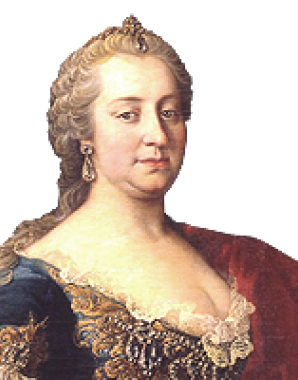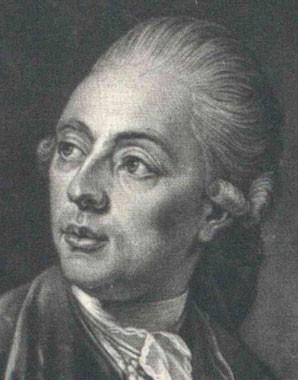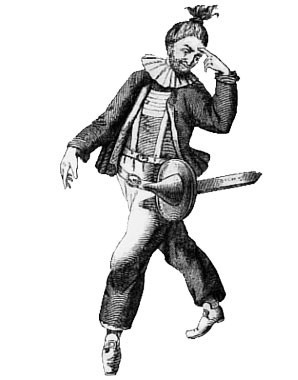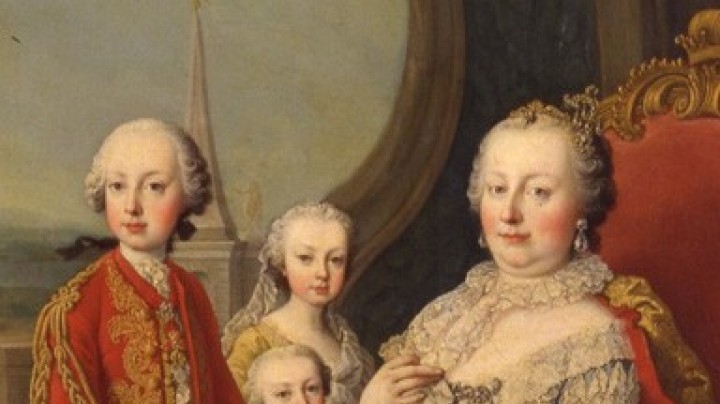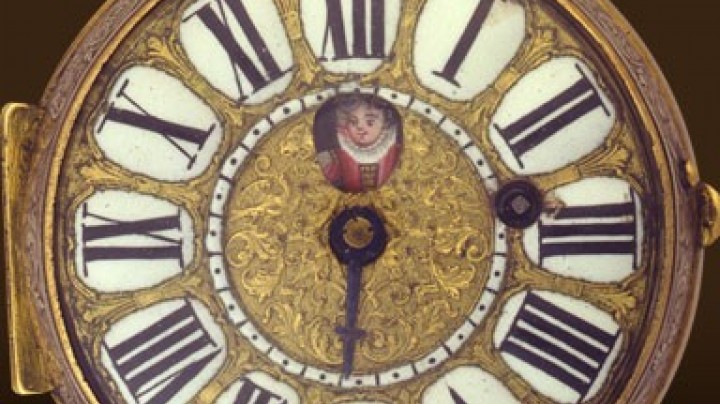Kasperl versus Sonnenfels: the ‘Hanswurst controversy’
A ban on extemporization by the highest authority is intended to curb the Viennese tongue, but Hanswurst and his cronies won’t be kept down so easily.
Joseph Felix von Kurz-Bernardon (1717–1784) wrote Hanswurst-style comedies. Friedrich Wilhelm Weiskern (1710–1768) was a librettist and actor.In 1752 Maria Theresa had decreed that "… no compositions [should be] performed other than those that come from the French or foreign or Spanish theatres, all local compositions by Bernardon and others [be] entirely abolished, but if there were some good ones by Weiskern, these should rather be read and no equivoques or foul language be permitted in them, and neither should the actors be allowed to use them, upon pain of punishment."
Popular Viennese theatre combined elements of comedy, slapstick, pantomime and operetta-like interludes accompanied by stage machinery, masquerades and even fireworks. The language and gestures of the actors in these plays, especially when they were improvised pieces, were sometimes so crude that the theatre censor’s office wanted to regulate them and police the use of ‘suitable language’ as well as gesture on the stage. This fuelled a controversy known as the ‘Hanswurststreit’ (Hanswurst controversy) that flared up on one side between critics of the popular stage, in particular Joseph von Sonnenfels, who wanted to abolish popular comedy and ban the figure of Hanswurst from the stage, and proponents and protagonists on the other.
Philipp Hafner was one of the most important writers of Viennese popular comedy at that time. He argued against the abolition of Viennese popular comedy but advocated improving it on aesthetic principles. He criticized the plethora of modern plays largely imported from abroad that were staged at the Burgtheater in rather stilted standard German. He supported regimenting language and gesture together with the scripting and refining of comedy while retaining its characteristic gaiety.
Maria Theresa had already issued a ban on extemporization in 1752. The plays had to be submitted in written form to the censor. Extemporization, which was often accompanied by obscenities, was banned despite its popularity with audiences. However, this ban was often ignored and had to be re-issued several times. Wordplay, often crude in nature, remained a trademark of the Viennese farce.
A typically Viennese compromise eventually emerged in an amalgamation of ‘purified theatre’ and improvisational acting: the figure of Hanswurst appeared transformed from coarse ruffian to domesticated manservant (but still with his hallmark force of expression) and even entered the classic repertoire. In 1763 Gottfried Prehauser, a popular Hanswurst actor, played the servant in Gotthold Ephraim Lessing’s bourgeois tragedy Miß Sara Sampson as Hanswurst. The author seems to have been severely annoyed at this interpretation of his play, subsequently turning down an appointment as Court Poet in Vienna.







